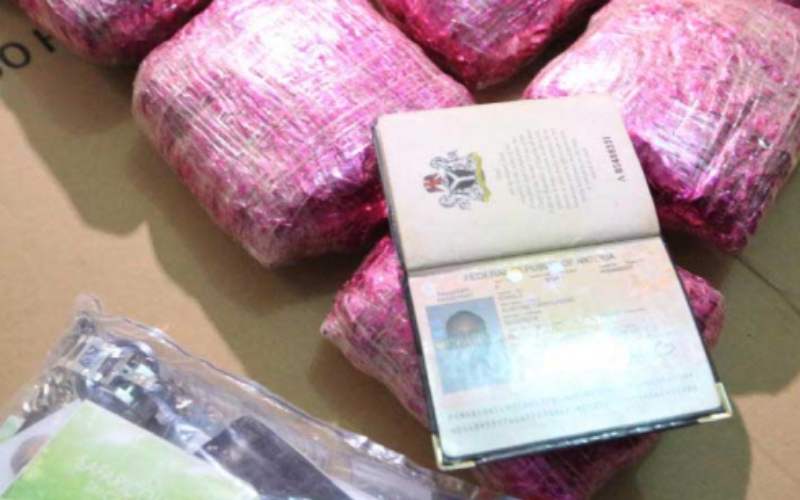×
The Standard e-Paper
Stay Informed, Even Offline

Ramadhan “Rezo” Said was sentenced to prison for possessing cannabis on Tuesday. His sentencing comes weeks before the National Assembly approves an amendment to the Narcotics, Drug and Psychotropic Substance Control Act. The new amendment should generate a conversation on how to control drugs in Kenya.